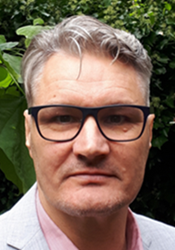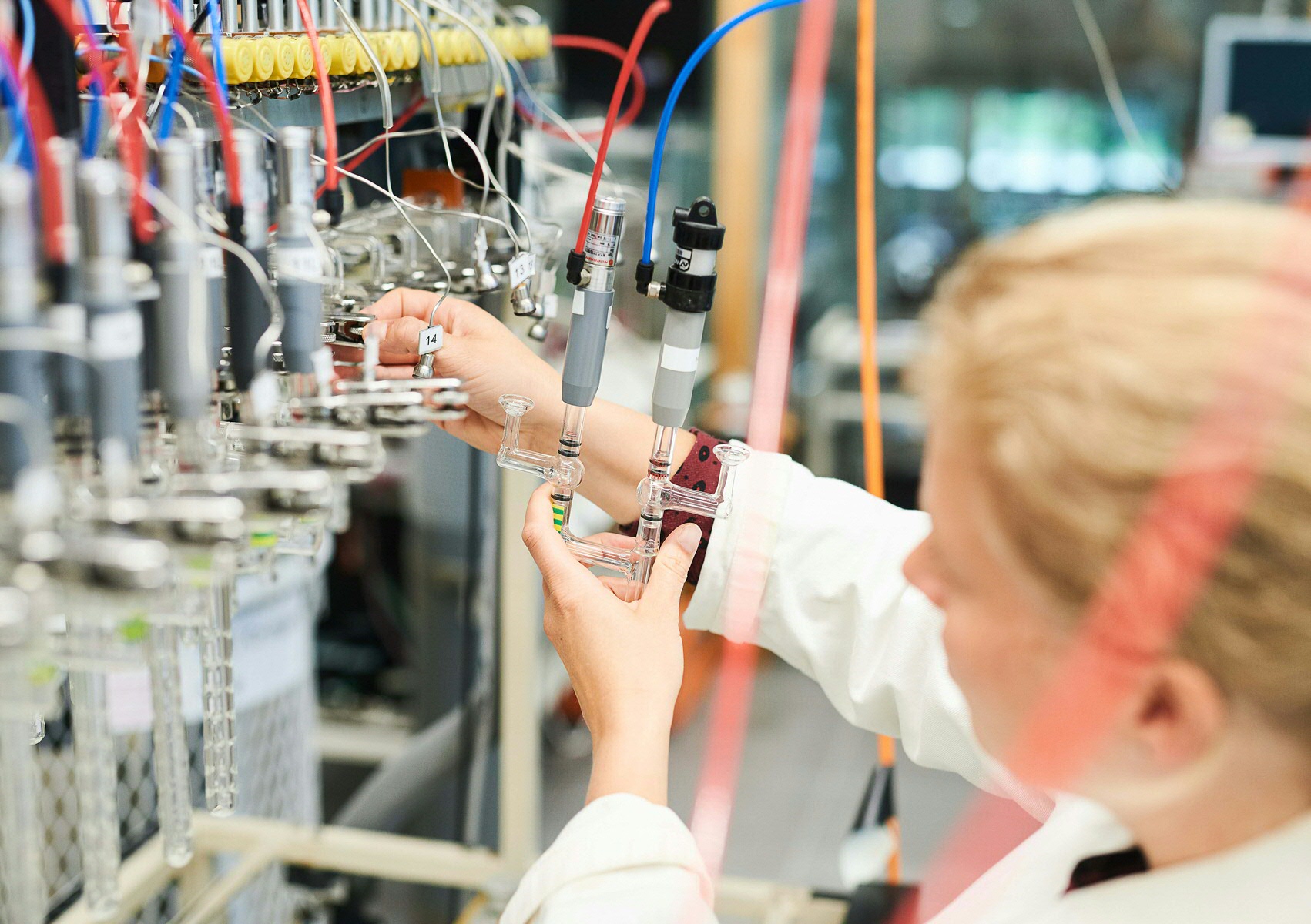Grote Europese subsidie voor Michael Dee

Onderzoeker Michael Dee van de Rijksuniversiteit Groningen heeft een ERC Consolidator Grant toegekend gekregen. De European Research Council (ERC) kent deze persoonsgebonden subsidies van 2 miljoen euro toe aan excellente wetenschappers. Hiermee stimuleert de ERC baanbrekend onderzoek in Europa. Ook Peter van der Meer (UMCG) heeft een Consolidator Grant ontvangen.
Onderzoeksvoorstel Dee
Het project van Michael Dee, getiteld CONTACT (Chronology of the Norse Trans-Atlantic Colonies and Territories), bouwt voort op de onderzoekslijnen die zijn ontwikkeld in het kader van zijn ERC Starting Grant (ECHOES), met name de baanbrekende techniek voor het dateren van zonnestormen die zijn groep heeft ontwikkeld. Binnen CONTACT wordt vooral onderzocht waar, wanneer en voor hoelang Europeanen vóór de tijd van Columbus naar Amerika trokken, wie ze kunnen zijn tegengekomen en of deze eerste trans-Atlantische contacten blijvende invloed hebben gehad. Dit project wordt in de komende vijf jaar binnen de RUG uitgevoerd aan het Centre for Isotope Research (CIO), met als belangrijkste partner het Centre for Geogenetics van de Universiteit van Kopenhagen.
Wereldwijde aandacht wegens datering Vikingen in Amerika
Deze ERC Grant is niet de eerste keer dat het onderzoek van Michael Dee als belangrijk erkend wordt. In oktober 2021 kwam Dee samen met collega’s wereldwijd in het nieuws door hun ontdekking dat Europeanen al in 1021 na Christus aanwezig waren op het Amerikaanse continent. Dit is ook het vroegst bekende moment waarop de Atlantische Oceaan is overgestoken. Dee en zijn team konden dit moment herleiden aan de hand van onderzoek naar stukken hout die gekapt werden door Vikingen. Het exacte jaar kon worden bepaald omdat er in het jaar 992 een enorme zonnestorm heeft plaatsgevonden die een duidelijke isotopische markering heeft achtergelaten in de jaarringen van het volgende jaar.

Over Michael Dee
Prof. dr. Michael Dee behaalde zijn Bachelor of Science in Scheikunde aan de University of Wellington in Nieuw-Zeeland en promoveerde in 2009 aan de University of Oxford in Engeland. Vervolgens werkte hij zeven jaar als scheikundige en research fellow bij de Oxford Radiocarbon Accelerator Unit van de University Oxford. Momenteel is hij adjunct-hoogleraar Isotopenchronologie binnen de Faculty Science and Engineering aan de RUG.
Meer over ERC
ERC ondersteunt talentvolle jonge onderzoekers bij het opzetten van een onderzoeksteam en het starten van een onafhankelijk onderzoeksproject. De Consolidator Grants staan open voor mid-career academici van alle nationaliteiten. Een ERC-beurs stelt de onderzoekers in staat gedurfd, baanbrekend onderzoek op te starten en binnen hun vakgebied nieuwe wegen in te slaan.
Meer nieuws
-
17 februari 2026
De lange zoektocht naar nieuwe fysica
-
10 februari 2026
Waarom slechts een klein aantal planeten geschikt is voor leven
